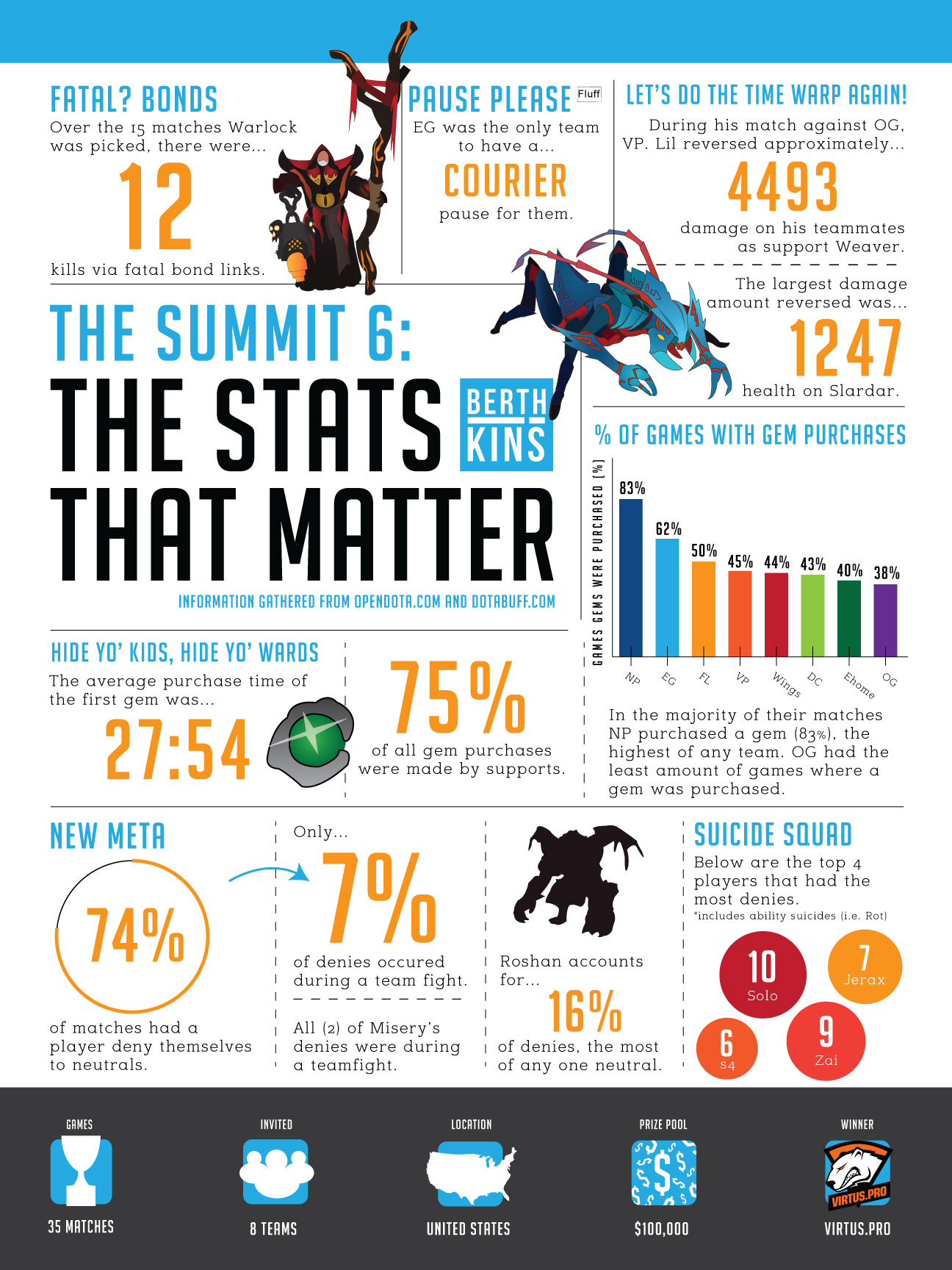What is an Esports Career?
Jump to a different section here!
An esports career refers to a profession or occupation within the field of esports, which is competitive video gaming. Esports careers encompass a wide range of roles and
opportunities, and they have become increasingly popular as esports has grown into a global industry. Here are some common esports career paths:
- Professional Player: Esports athletes compete in video game tournaments for prize money and sponsorships. They are skilled in a specific
game or genre and often belong to organized teams.
- Coach: Esports coaches work with professional or amateur teams to improve their players' skills, strategies, and teamwork.
They analyze gameplay, develop training regimens, and provide guidance during matches.
- Analyst or Commentator: Analysts and commentators, also known as casters, provide live commentary and analysis of esports
events, helping viewers understand the gameplay and strategies.
- Content Creator or Streamer: Content creators produce videos, live streams, and other content related to esports,
such as gameplay, tutorials, reviews, and vlogs. They often build fan communities on platforms like Twitch, YouTube, or social media.
- Event Organizer or Production Staff: Event organizers and production teams are responsible for planning, managing,
and executing esports tournaments and events. This includes logistics, scheduling, broadcasting, and stage management.
- Esports Journalist or Writer: Esports journalists cover the industry by writing articles, news reports, and
features about players, teams, events, and developments in the esports world.
- Marketing and Sponsorship: Marketing professionals work with esports teams, organizations, and sponsors to promote products and build brand partnerships within the esports
ecosystem.
- Game Development and Design: Working in game development or design for esports involves creating and maintaining the video games that are played competitively.
This includes game balance, updates, and user interface design.
- Esports Management: Esports managers handle the day-to-day operations of esports teams and organizations, including player contracts, travel arrangements, and sponsorships.
- Esports Medicine and Sports Psychology: Esports teams often employ professionals who focus on the physical and mental well-being of players,
helping them with training, nutrition, and performance optimization.
- Esports Broadcasting and Production: Roles in broadcasting and production include camera operators, directors, producers, and technical
staff responsible for capturing and delivering live esports events to audiences.
- Game Testing and Quality Assurance: Quality assurance testers play a crucial role in ensuring that esports titles are free from bugs and provide a smooth gaming experience.
Esports careers offer a diverse array of opportunities, catering to both those who excel at playing games and those interested in the various
behind-the-scenes aspects of the industry. As esports continues to grow, more career paths and opportunities are emerging, making it an exciting
and dynamic field to be a part of.
How successful is Esports as a Career?
Jump to a different section here!
The success of esports as a career can vary widely depending on several factors, including an individual's skills, dedication, timing, and the specific role they pursue within
the industry. Here are some key points to consider when evaluating the success of esports as a career:
- Professional Players: Success as a professional esports player can be extremely rewarding for those who excel in their chosen game. Top players can earn substantial incomes
through tournament winnings, sponsorships, streaming, and merchandise sales. However, competition is fierce, and only a small percentage of players achieve this level of success.
- Content Creators and Streamers: Content creators and streamers can build successful careers if they can attract a dedicated fan base. Earnings come from ads, donations, subscriptions,
sponsorships, and merchandise. Building an audience and maintaining consistent content can be challenging, but some content creators achieve significant success.
- Coaches and Analysts: Coaches and analysts can have successful careers in esports, working with professional teams and players to improve their performance.
Success in coaching depends on expertise, communication skills, and the ability to work well with players and teams.
- Event Organizers and Production Staff: Event organizers and production staff can have stable and successful careers in esports, particularly as the
industry continues to grow. They play essential roles in the smooth execution of esports events.
- Esports Management and Business: Esports management professionals can have successful careers by overseeing teams, sponsorships, and operations.
Business-related roles can also offer stability and growth potential as esports organizations expand.
- Game Development and Design: Success in game development within esports is similar to success in the broader gaming industry. It depends on creativity,
skills, and the ability to create successful games that resonate with players.
- Esports Journalism and Media: Success in esports journalism and media depends on the ability to provide valuable and engaging content to a growing audience.
Skilled writers and content creators can find success through partnerships and advertising revenue.
- Esports Medicine and Sports Psychology: As the esports industry grows, so does the demand for professionals in sports medicine and psychology.
Success in these fields can be achieved by providing specialized services to esports athletes and organizations.
It's important to note that while some individuals achieve significant success and financial stability in esports, many others may struggle to make
a sustainable income. The industry is highly competitive, and success often requires a combination of talent, hard work, networking, and a bit of luck.
Additionally, the esports industry is constantly evolving, and opportunities may change over time as new games, platforms, and technologies emerge.
As with any career, it's crucial for individuals interested in pursuing a career in esports to be realistic about their prospects, set clear goals,
and be prepared to adapt to the evolving landscape of the industry. Success in esports, like in any field, is attainable for those who are dedicated and
continually work to improve their skills and opportunities.
Most successful games for Esports
Jump to a different section here!
The success of games in the esports scene can be measured by their popularity, competitive depth, player base, and the size of their esports ecosystem. Here are some
of the most successful games for esports, as of my last knowledge update in September 2021:
- League of Legends (LoL): Developed by Riot Games, League of Legends is one of the most popular and successful esports titles globally. It features a robust
competitive scene with multiple regional leagues and an annual World Championship that attracts millions of viewers.
- Counter-Strike: Global Offensive (CS:GO): CS:GO, developed by Valve, has a long and storied history in esports. It is known for its tactical gameplay and
has a strong presence in the competitive gaming community with major tournaments like ESL One and IEM.
- DOTA 2: Another Valve title, DOTA 2, is famous for its massive prize pools, especially for The International (TI) tournaments. It has a dedicated
competitive scene with top teams from around the world competing.
- Fortnite: Developed by Epic Games, Fortnite's Battle Royale mode gained immense popularity in the esports world. The Fortnite World Cup in 2019
had one of the largest prize pools in esports history.
- Overwatch: Blizzard's Overwatch League (OWL) is a city-based franchise system that has brought traditional sports elements into esports.
OWL has been successful in creating a structured, league-based ecosystem.
- Call of Duty (Various Titles): The Call of Duty franchise has a strong esports presence, with different titles like Call of Duty: Modern Warfare and Call of Duty:
Black Ops 4 being featured in competitive play.
- Rainbow Six Siege: This tactical shooter from Ubisoft has gained popularity in the esports scene, with a well-structured competitive league system and regular tournaments.
- Valorant: Riot Games' tactical first-person shooter Valorant has quickly established itself in the esports world, with professional leagues and tournaments.
- StarCraft II: Although it has been around for several years, StarCraft II continues to have a dedicated competitive scene, especially in South Korea.
- Rocket League: Psyonix's unique blend of soccer and rocket-powered cars has found success in the esports world. It offers a fun and accessible competitive experience.
- Super Smash Bros. Series: Super Smash Bros. has a passionate competitive community, with tournaments featuring various titles in the series, including Super Smash Bros.
Melee and Super Smash Bros. Ultimate.
- Hearthstone: Blizzard's digital card game, Hearthstone, has its own competitive circuit with major tournaments like the Hearthstone World Championship.
- Fighting Games (e.g., Street Fighter, Tekken, and Super Smash Bros.): Various fighting game titles have long-standing competitive communities and frequent tournaments.
Please note that the esports landscape is continuously evolving, and the success of games can change over time. New titles may emerge, and older ones may decline in popularity.
The success of an esports game is also influenced by factors like developer support, balance updates, and the ability to attract viewers and sponsors.
As of my last update in September 2021, these were some of the most successful esports titles, but the scene may have evolved since then.
How much money does the average Esports player make?
Jump to a different section here!
The income of the average esports player can vary significantly based on several factors, including the player's skill level, the specific game they compete in, their team's
success, and their region. As of my last knowledge update in September 2021, I can provide a general overview of esports player earnings:
- Amateur and Semi-Professional Players: Many esports players start as amateurs or semi-professionals, earning little to no income from esports. They may compete in local
tournaments or online leagues without substantial earnings.
- Professional Players: Professional esports players, especially those in top-tier teams and popular games like League of Legends, DOTA 2, or CS:GO, can earn significant incomes.
These earnings typically come from several sources:
Tournament Winnings: Players earn a portion of the prize money from tournaments they compete in. The earnings can vary widely, from a few hundred dollars to millions
for winning major championships.
Salaries and Contracts: Top players in well-established teams receive salaries and bonuses from their organizations. Salaries can range from a few thousand dollars
to several hundred thousand dollars annually.
Sponsorships and Endorsements: Professional players often secure sponsorship deals and endorsements from gaming-related brands. These agreements
can provide substantial additional income.
Streaming and Content Creation: Many players also stream their gameplay on platforms like Twitch, YouTube, or Facebook Gaming, generating
revenue from ads, donations, and subscribers.
Merchandise Sales: Some players and teams sell merchandise like apparel, accessories, and in-game items, which can be a source of income.
- Regional Disparities: Esports player earnings can vary significantly by region. Players in North America, Europe, China, and South Korea
tend to have higher earning potential due to more developed esports ecosystems and larger audiences.
- Game Choice: The choice of the game also plays a role in player earnings. Games with larger player bases and more extensive
competitive scenes generally offer more opportunities for income.
It's important to note that the vast majority of esports players do not become millionaires or earn massive incomes. Only a small percentage of players at the very top of their
game, often in the most popular titles, achieve such high earnings. Many professional players also have relatively short careers, and earnings can be inconsistent.
Additionally, the esports industry is dynamic, and the financial landscape can change rapidly as the industry evolves. New games, leagues, and revenue streams
may emerge, influencing player earnings.
For the most up-to-date information on esports player earnings, it's recommended to consult reliable sources like esports news websites, player interviews,
and industry reports, as the landscape may have evolved since my last knowledge update in September 2021.









